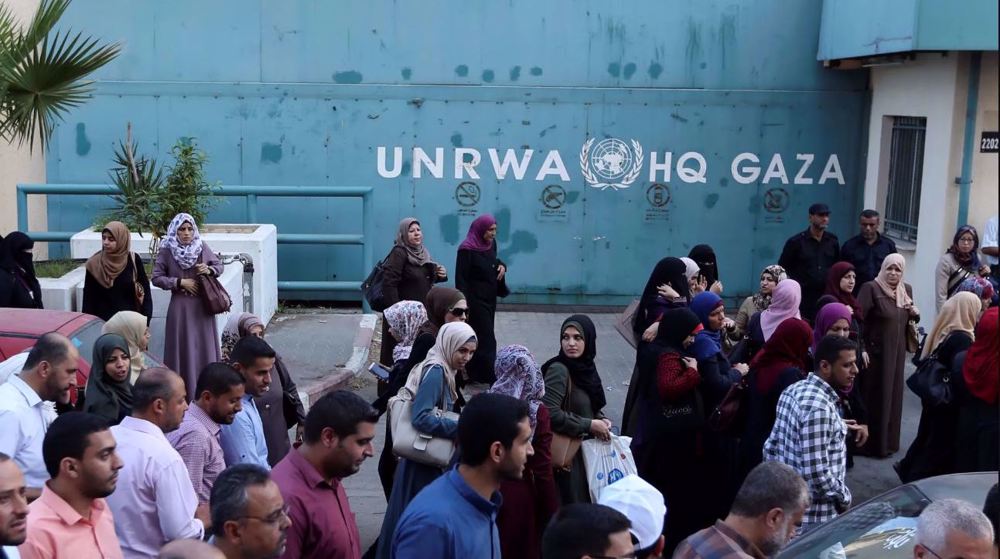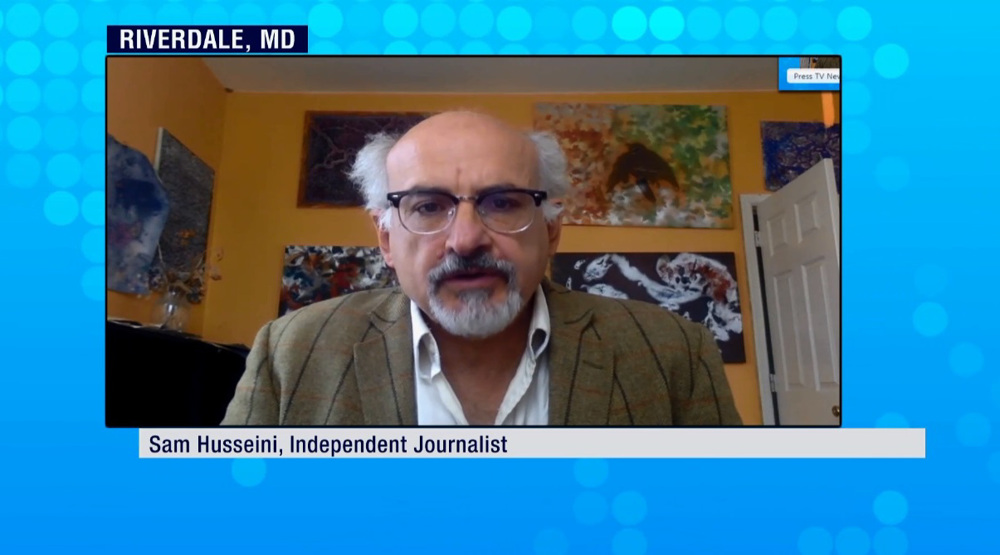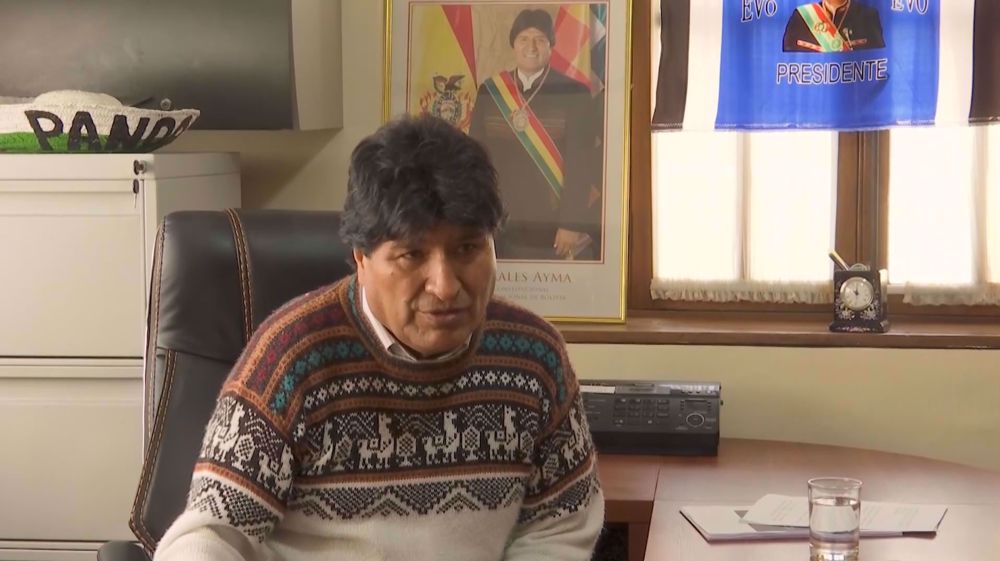Palestinians not to forgive Israeli occupation: Academic
Press TV has conducted an interview with Saeed Nimer, a professor of political science at the Birzeit University from Ramallah, about the Palestinians’ protests in the West Bank on the occasion of the Nakba Day (day of catastrophe).
The following is a rough transcription of the interview.
Press TV: 68 years have passed, what is going to change this around? What it will take to make it a difference that 68 years from now still those who will be alive at that time won’t be commemorating another Nakba? What has to change?
Nimer: Well, first of all let me say that after 68 years today what happened today all over historical Palestine in the West Bank, in Gaza, in Beit Lahm, in Jerusalem as well as inside Israel - the original Palestinian land - there were also demonstrations and going back to old villages which were destroyed during 1948, the establishment of the “state of Israel.” What is significant about all of these is that Palestinians are not going to forgive or to forget.
The Palestinians are still holding to the keys of their homes and they are insisting on the right of return. And this by itself is a great atmosphere because we are sending to the Israelis a huge message as well as to the international community: there will be no solution to the Palestinian question or to the Middle East unrest unless those Palestinian refugees return back to their homes.
So, the refugees today are insisting all the Palestinian people as a matter of fact, all the refugees, all the Palestinians are today celebrating this day to show this message to everyone around that Palestinian refugees should and must return back and to be also reimbursed, all their properties, and also compensated. This is what 194 Resolution, the United Nations resolution, stated for the Palestinian refugees.
Palestinian refugees have suffered since 68 years ago till now and their suffering is still continuing also every day and everywhere around the region, in the asylum countries whether it’s in Jordan, in Syria, in Lebanon as well as in the Gaza Strip and West Bank. The Palestinians are still suffering till today for they did not do anything anyway to deserve this fate. The Israelis just kicked them out in 1948 because the conditions of that time allowed them to do so.
And an ethnic cleansing happened which was systematic and planned to kick out the Palestinians. You know that 1947 partition plan, which was refused by the Palestinians gave the Israelis a state and gave the Palestinians a state, but at the same time the state of Israel itself it is 50 percent Palestinians and 50 percent Jews, but the Zionist movement they don’t want that kind of equation. And they started kicking out the Palestinians out of the part supposed to be according to the international resolution their part and they had a systematic ethnic cleansing.
So, today we are showing that this ethnic cleansing is absolutely a war crime and Palestinians do insist and they are still remembering and they are not going to forgive or to forget and they want to go back to their homes.
Press TV: What do the Palestinians now have to do? We know that the Israelis obviously are not going to change and their supporters seem to be very steadfast in their support of the Israelis. So, it comes to the Palestinians themselves, what do you think if you think that there is something that the Palestinians have to do to change in order to ultimately bring them the victory in order for them to reclaim their land?
Nimer: Yes, you’re absolutely right. We are looking at different levels. We start with local level. Palestinians should continue their struggle and their resistance to the occupation, because it’s not going to work to have an occupation and at the same time to have people who are just silent, no way. As far as there is occupation definitely, the Palestinians will continue to resist. This resistance should be supported by lots of other Arab countries and regional countries who are supporting the Palestinians by also the Palestinian Authority.
And this is the second point where the Palestinian Authority also should change some of their old strategies regarding the dealings with the Israelis. We are not going to have peace with Israel. We are not going to have negotiations. It’s quite clear now that the Israelis are beyond that, beyond the Oslo (accord). And we should think differently. We should think now we are going towards the one-state solution definitely and that will end the separation or the partition of Palestine.
It could take 14 years to remove debris left by Israel war on Gaza: UN
Iran, China discuss military cooperation
Sanders to Netanyahu: 'Don’t insult American people’s intelligence'
Tehran economic conference: Raeisi hails Iran-Africa expansion of ties
VIDEO | Press TV's news headlines
Severe heat wave hits India as phase 2 of polling begins
What to expect after President Raeisi's visit to Pakistan
China describes Iran as ‘strategic partner' in West Asia














 This makes it easy to access the Press TV website
This makes it easy to access the Press TV website